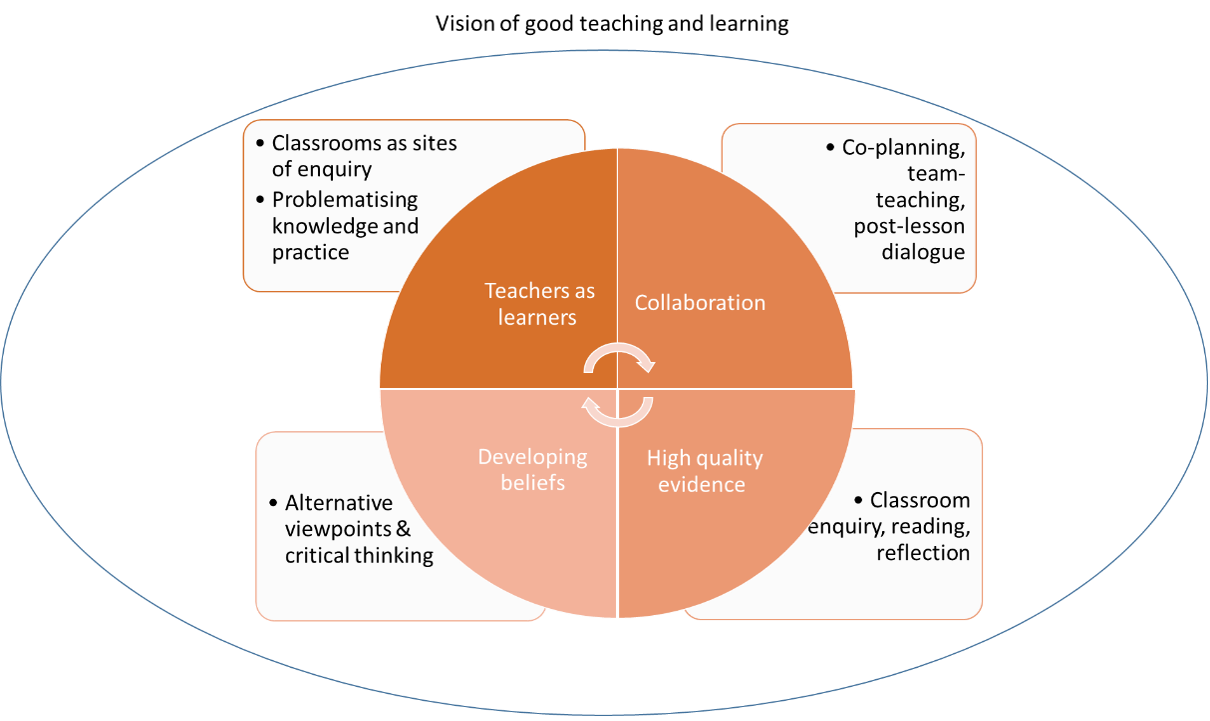In the fast-paced world of technology, the role of teachers in guiding and shaping the minds of young learners is more crucial than ever. With the rapid advancements in technology, teachers need to stay updated with the latest trends and tools to effectively educate their students. This is where mentoring plays a vital role in the professional development of teachers.
Benefits of Mentoring for Teachers
Mentoring offers numerous benefits for teachers, especially in the tech niche. It provides a platform for experienced educators to pass on their knowledge and expertise to newer teachers. Mentors can offer guidance on how to integrate technology into the classroom, create engaging lesson plans, and effectively assess student learning. This personalized support can help teachers develop their skills and confidence in using technology to enhance their teaching practices.
Professional Growth and Reflection
Mentoring encourages teachers to engage in professional growth and reflection. By working closely with a mentor, teachers can identify areas for improvement and set goals for their professional development. Mentors can provide constructive feedback, resources, and support to help teachers reach their full potential. Through ongoing reflection and collaboration, teachers can continually improve their teaching practices and stay ahead in the ever-evolving tech landscape.
Building a Supportive Community
Mentoring also helps build a supportive community among teachers. By connecting with experienced educators and sharing best practices, teachers can foster a sense of camaraderie and collaboration. This network of support can be invaluable in navigating the challenges of teaching in the digital age. Mentors can offer advice, encouragement, and a sounding board for new ideas, creating a culture of continuous learning and growth.
Adapting to Change
In the rapidly changing tech landscape, teachers need to be adaptable and open to new ideas. Mentoring can help teachers stay current with the latest trends and tools in technology. Mentors can introduce teachers to new resources, strategies, and technologies that can enhance their teaching practices. By staying connected to a network of experienced educators, teachers can adapt to changes in the tech industry and provide their students with a cutting-edge education.
Conclusion
In conclusion, mentoring plays a crucial role in the professional development of teachers in the tech niche. By providing personalized support, guidance, and a network of support, mentors help teachers enhance their teaching practices and stay current with the latest trends in technology. Through ongoing reflection, collaboration, and adaptability, teachers can continually improve their skills and provide their students with a high-quality education in the digital age. Mentoring is not just beneficial for individual teachers, but for the entire education community as a whole.


